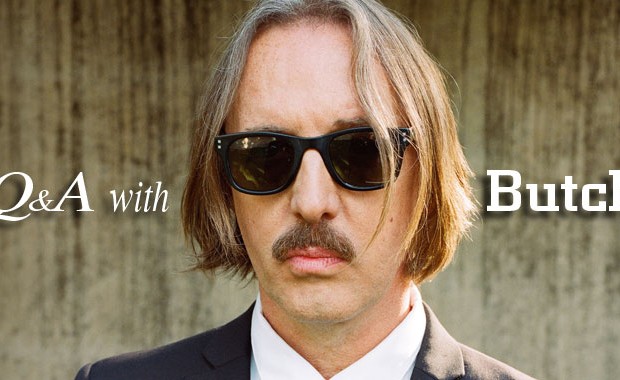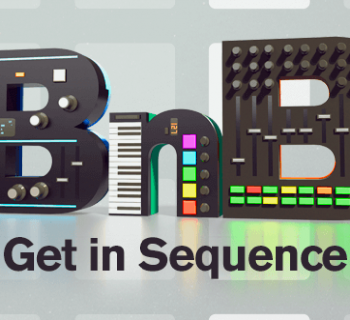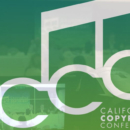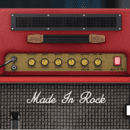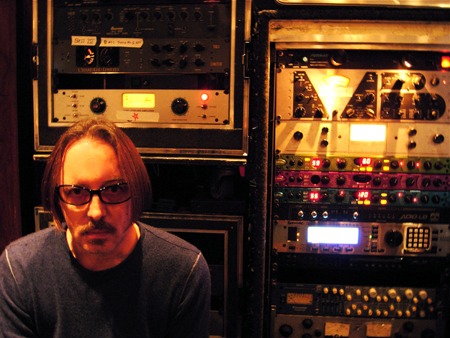
MC: What are common problems that bands have in the studio?
Vig: With younger artists, they’re used to playing live or in their practice space. Often times they overplay. You have to come in during pre-production and simplify the parts or arrangements so that everyone is focused and understands what everybody else is playing. Also, when the recording light goes on, there’s a tendency for younger artists to freeze up. They can get neurotic and uptight about what they’re doing. Part of my job is to get them to relax and forget that the light is on and enjoy the session. I’m pretty low-key in the studio and I try to keep the vibe fun and interesting. I’m not a dictator and I don’t yell and scream at people. In general, I’ve been lucky at getting artists to relax and getting good performances out of them.
MC: What does a song lack that you, as a drummer, can bring to the table?
Vig: Being a drummer has allowed me to get an overview of what arrangements sound like. If I were a lead guitarist or keyboard player, I would probably be more focused on individual parts. Having been in bands as the drummer, you have to sit back and listen to what’s going on. I’m a basic 4/4 drummer; I play pretty simple parts. I’ve always let the arrangements come out and the drums support them. I’m a firm believer in that. The one thing I’ve realized is that drum parts can be hooks. One of the greatest examples of that is Dave Grohl with Nirvana’s Nevermind. All of the drum fills and little changes that he wrote on that record were hooks. For a three-piece band, the drums are an integral part of that.
MC: Performing live is more important than ever. Are you mindful of that when working with a band in the studio?
Vig: It’s pretty easy to make a terrible band sound good with Pro Tools and digital editing. Bands have to understand that they’ve got to be able to deliver [live]. Whatever you do in the studio you have to be able to duplicate on stage. People can tell. If a band isn’t good live, they’re never going to see it again. If you want to have a career these days, you have to focus on live performance. No one can count on record sales and digital downloads to help them survive in the long term. You’ve got to be damn good at proving yourself on stage night after night. I tell that to young bands especially.
MC: Are you optimistic about music’s future?
Vig: I listen to a lot of new music, especially online. People keep saying that music is dying, but I think the opposite. There are so many exciting new bands and they have more hunger for music now than 10 years ago. Music is the soundtrack to everyone’s life. The hardest thing is that there’s a whole generation of music fans who believe that they don’t have to pay for it. That’s the thing that bums me out. The digital revolution has leveled the playing field and made it possible for bands in their basement in Akron, Ohio to make an incredible-sounding record. Fifteen years ago that would have been very difficult. Now a song can go viral in 24 hours.
MC: Have the changes we’ve seen in the past several years helped or hurt the industry?
Vig: If you look at the way the industry used to function, everyone would say that it’s hard out there. Everyone’s had to struggle, especially with budgets being what they are now. Record deals are a fraction of what they used to be. A number of studios have closed, including my own––Smart Studios. We shut our doors last year. We kept bringing our prices down, but bands didn’t want to pay our rates when they could record their music for free on their laptop. I’m not going to complain about how tough it’s gotten. I love digital technology and there’s a lot of exciting new music out there.
MC: If there were one thing you could change about the music industry now, what would it be?
Vig: That if you download a song, a few pennies would go into the publishing domain—BMI or ASCAP. Unfortunately, no one had the foresight to work that out 10 or 20 years ago so we’re trying to play catch up.
MC: Are there still surprises on each record on which you work?
Vig: Every album I do is a process. There are always speed bumps and detours as well as moments when songs are elevated to another level that you didn’t think was possible. That’s one of the things that’s exciting about making albums. It’s an adventure, not only in terms of where the music goes but usually in terms of the relationships you form with the people you work with. That’s a big part of making a record for me. It’s an intimate experience and that’s part of what’s exciting about making albums.
MC: Do you miss recording on tape?
Vig: I still use tape from time to time. With [Foo Fighters’] Wasting Light, we recorded and mixed everything on analog tape. We also did it in Dave’s garage. It was very old-school and it was challenging, but also one of the most fun things I’ve done in years. Me and James Brown, the recording engineer, started out with analog tape. We had to rewind our brains to go back to that time and remember all of the things we did with analog. In a way, it made us and the band work harder. When you record analog, it’s all about performance; you have to be on your A-game.

